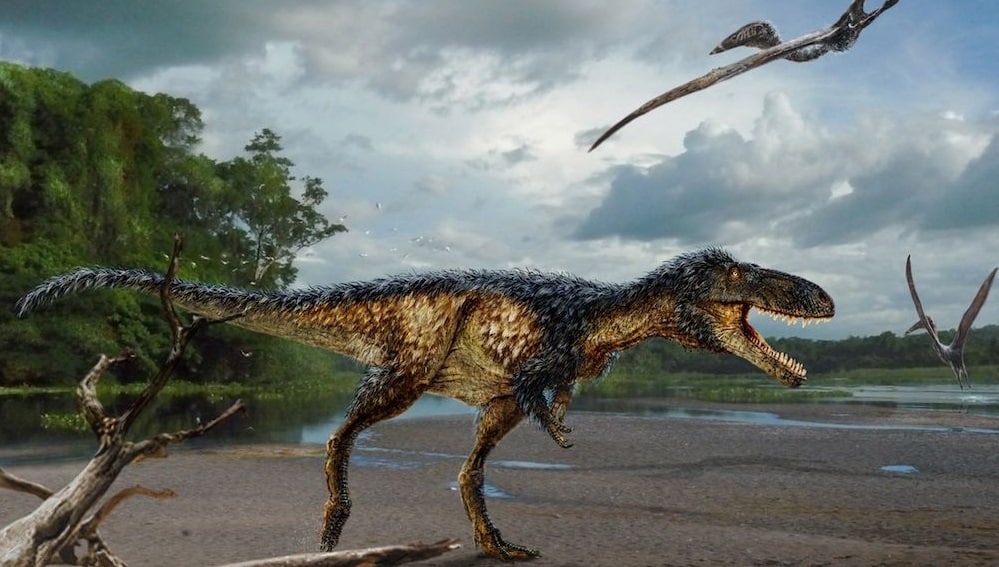Dinosaurs traveled across oceans

Fossils of a duckbill dinosaur have been discovered in Africa, leading experts to believe the species once traveled hundreds of kilometers across oceans to reach the continent.
The new dinosaur, Ajnabia odysseus, a member of the plant-eating duckbill dinosaur family, was discovered in rocks in a mine in Morocco, dating back some 66 million years to the end of the Cretaceous period.
Though some duckbill dinosaurs could reach up to 15 meters (49 feet) long, experts say that Ajnabia was comparatively tiny, measuring the size of a pony at three meters (10 feet).
Experts were puzzled at how the dinosaur ended up in Africa, which was an island continent and completely isolated by deep sea during the Late Cretaceous.
Duckbill dinosaurs evolved in North America, and later spread to South America, Asia and Europe.
Nicholas Longrich, a senior lecturer at the Milner Centre for Evolution at the University of Bath, who led the study, described the discovery of the fossil as “about the last thing in the world you would expect.”
“It was completely out of place, like finding a kangaroo in Scotland. Africa was completely isolated by water — so how did they get there?” Longrich said in a statement.
After studying Ajnabia’s teeth and jawbones, experts determined that it belonged to the Lambeosaurinae subfamily.





